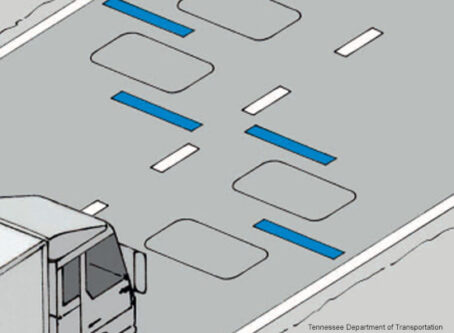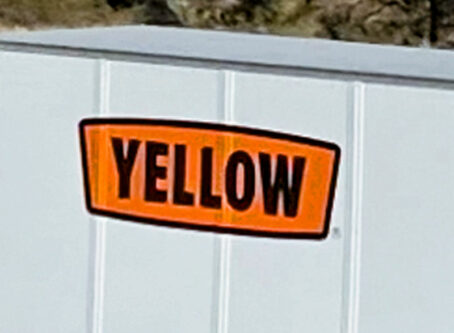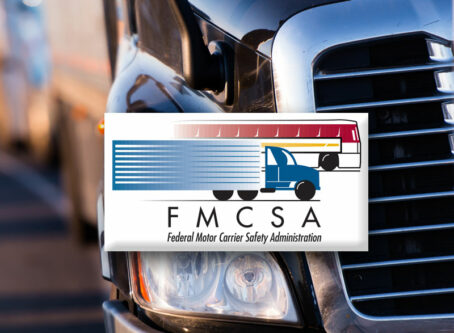OOIDA joins with trucking groups calling for relief for Canadian drivers
The trucking industry is asking Canada’s government to continue supporting truckers during the COVID-19 crisis by introducing additional relief measures for Canadian drivers.
A coalition of five industry groups representing Canadian truckers, including the Owner-Operator Independent Drivers Association, are asking Prime Minister Justin Trudeau and other leaders in the federal government to defer payroll taxes for three months with an 18-month recovery period. The groups also are asking for the government to adjust the meal allowances for short and long haul drivers.
“Canada will need a healthy trucking industry with available capacity as things move towards the recovery phase and policy makers begin to restart the economy, the letter states. “If the industry is not ready, and our leading trucking companies are closed, that economic recovery will never be possible.”
In addition to being signed by OOIDA Board Member Johanne Couture, the letter was also signed by the leaders of the Canadian Trucking Alliance; the Private Motor Truck Council of Canada; Teamsters Canada, and the Women’s Trucking Federation of Canada.
Citing a recent survey of more than 100 trucking companies employing over 50,000 Canadians, the groups say respondents reported the following:
- On average carriers have experienced a 27% decrease in revenue.
- Carriers report a 200% increase in “empty miles” (the condition when trucks are traveling but not generating any payload revenue for their services).
- Without an improvement in economic conditions, 37% of fleets have significant concerns regarding the continuation of their operations.
- 63% of fleets indicated their customers have recently asked for payment deferrals or simply have not paid the trucking company for their services.
- 55% have had to lay-off staff as a result of the pandemic. Of the remaining 45%, many indicated they still may be forced to lay-off staff if conditions do not soon improve.
The letter says the current situation ‘is simply not sustainable’ for Canadian drivers.
“Canada needs its trucking industry to not only keep critical operations going through this crisis, but to be ready with available capacity to get the economy jump-started when conditions improve, the letter states. “Without a healthy trucking industry – which carries over 90% of all goods at some point in the supply chain and two-thirds by value of Canada-US trade – an economic recovery for Canada will not be possible.”
The letter cites rising food costs, including reports of bottled water prices increasing by nearly 300%, as the basis for providing relief for Canadian drivers dealing with surging costs on the road.
“The negative impact of COVID-19 on our nation’s truck drivers has also been far reaching. Among these are rapidly rising costs for food while drivers are on the road. As the crisis has progressed, access to food for truck drivers – who travel both domestically and internationally – has become severely strained and, when available, considerably more expensive. For example, the price of water has increased by almost 300% in some places along with food and other necessities while on the road.”
Ontario parking update
Ontario’s Ministry of Transportation on Friday announced new measures to support drivers in the province, including expanding its truck rest area network.
In a letter to stakeholders issued Friday, MTO’s Carrier Safety Enforcement Branch announced new resources on the Ontario 511 website to help drivers find open rest areas, truck friendly restaurants and washrooms.
The Ministry of Transportation has expanded the truck rest area network by increasing the number of open rest areas to 45, and opening those rest areas earlier than normal. Click here to visit Ontario 511’s website for truck rest area information. For a list of truck-friendly restaurants, click here.
The ministry also announced an extension until June 1 of the validity of certain driver, vehicle and carrier products that expired on or after March 1.
- Ontario commercial drivers’ licenses.
- International Registration Plan cab cards.
- Ontario license plate validation stickers.
- Online purchase receipts of validation stickers.
- Ontario Commercial Vehicle Operator Registration certificates.
- Annual and semi-annual inspections.









